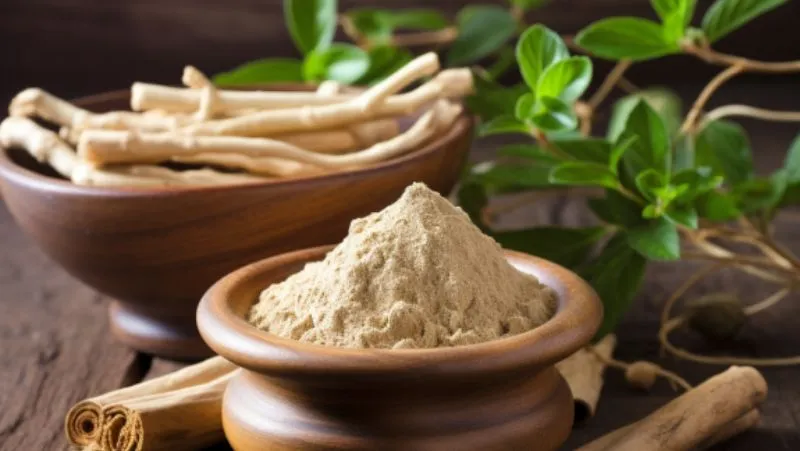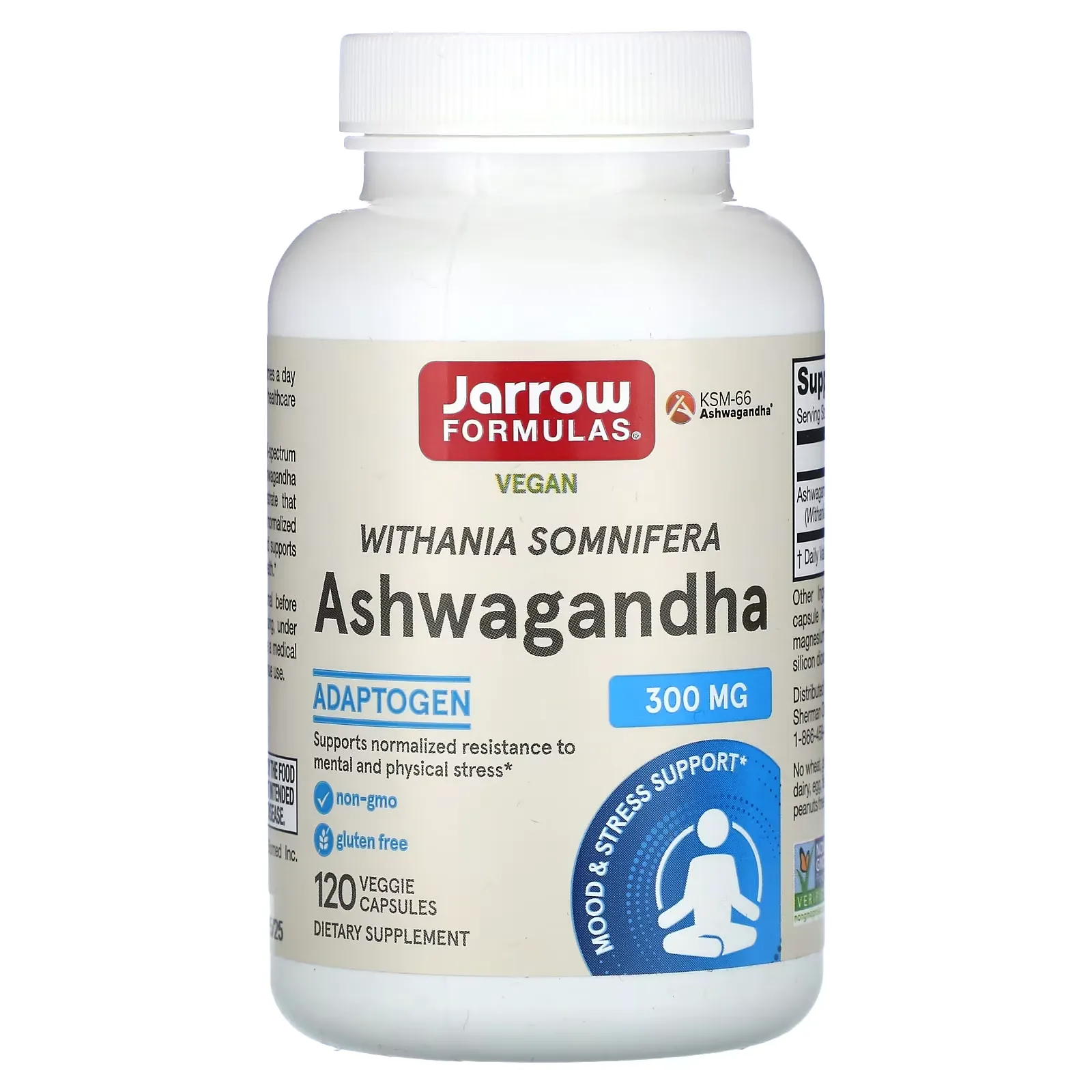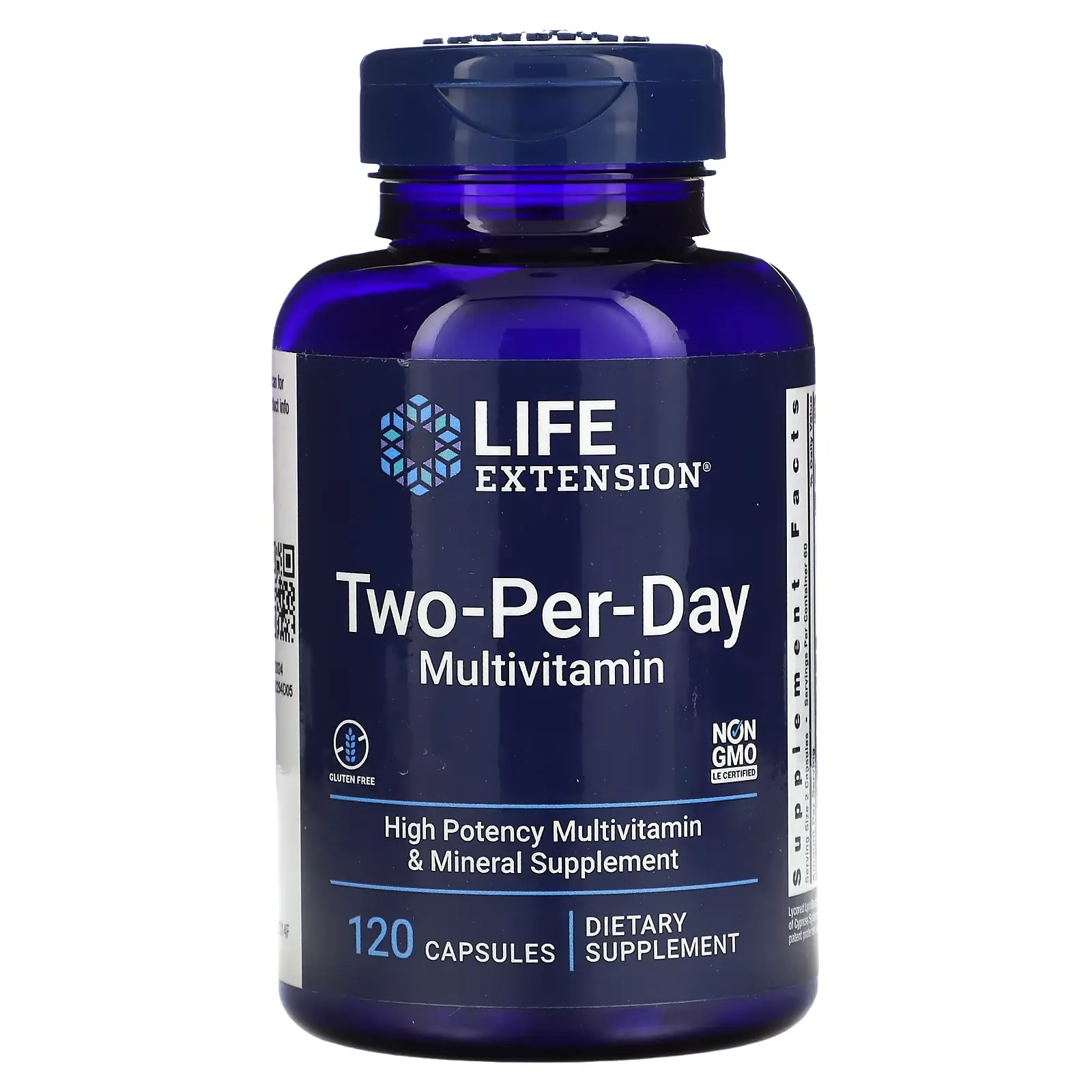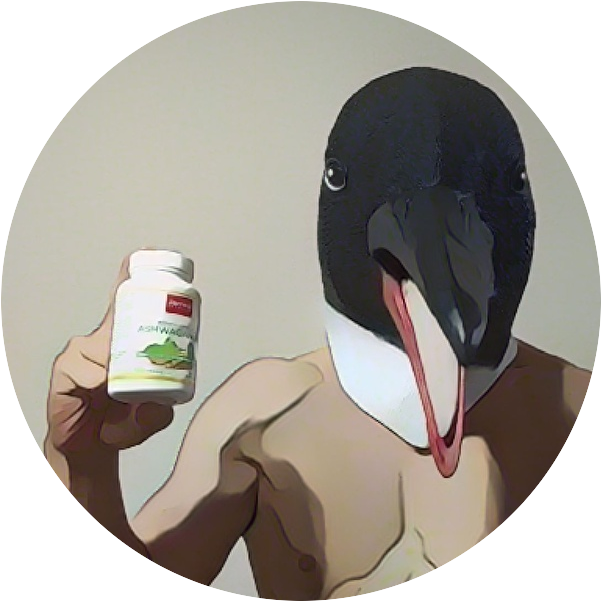Spoiler alert: Effects of ashwagandha on female sexual function
- Women'ssex functionImprovement and enhancement
- Lubrication level: improved
- Number of sexual acts: Improvement
- Satisfaction during sexual activity: improved
- Orgasm disorder: improvement
- Pain during sexual activity: decreased
'I'm supposed to be physically healthy, but I'm not, physically or mentally.sexual desireI can't get over it."
I may have insensitivity/orgasmic disorder (in short, I can't get it on sexually)."
."ashwagandha (type of Indian cactus)In the malesex functionI know that it improves the "but what about the women?"
The reasons vary, but both men and women have their ownsex functionThere are a great many people who may be struggling with
managerare men, but for aging or mental reasons, their bodiessex functionI understand the pain of inadequacy in the
Read this article,ashwagandha (type of Indian cactus)In the women'ssex functionis a perfect example of a study that has improved and enhanced the
If you or your female partner has even the vaguest of worries, please read this article.
What is ashwagandha in the first place?

ashwagandha (type of Indian cactus)(scientific name: Withania somnifera Dunal) has been used for thousands of years in Ayurveda, the traditional medicine of India, to treat both physical and mental health problems.stressThe herb has been used as an effective medicine, tonic, and even aphrodisiac.
Nowadays, the effectiveness of these products has been proven by modern science through various clinical studies, and they are attracting attention.
The fruit is an evergreen shrub of the eggplant family. The name comes from the horse's (ashwa) smell (ganda).
Some say it is named after the robust vigor of horses.
▼Recommended Articles

Description of Research: Testing the Potential of Ashwagandha to Improve Female Sexual Dysfunction
We are pleased to present the 2015 Women'ssex functionin the improvement ofashwagandha (type of Indian cactus)(Efficacy and safety of extracts of the roots of the "C. kantoensis: a pilot study")" study.
Research Overview
- Subject:sex functionand ... andsexual desireWomen who are experiencing problems with
- Contents:Highly concentratedashwagandha (type of Indian cactus)Ingestion of
- Objective:femalesex functionTesting the hypothesis that the obstacles may be ameliorated
Before looking at the evidence of improvement potential, we will first look at the demographics of the subjects in the study.
First, roughly speaking, the following four categories are intended for those who fit into one or more of the following four categories.
Study subjects: Persons with one or more of the following four conditions
The fourth, "combination of genital and sexual arousal disorders," probably means both psychological and physical co-occurring problems.
After satisfying the above, the subjects of this study are those who meet the following detailed requirements.
*Exclusionary conditions and other information are contained in the original article (reference(see below).
The purpose is to verify and confirm the following information on subjects who meet the above criteria.
What to look for.
- Highly concentratedashwagandha (type of Indian cactus)The ingestion of root extracts is associated with a higher incidence of femalesex functionHypothesis of possible improvement in disability
ashwagandha (type of Indian cactus)Through the women'ssex functionSo you want to verify whether there is an improvement in
The researchers in this study, who were working on the "ashwagandha (type of Indian cactus)is the woman'ssex functionThe following two points are noted as "grounds for improving the
2 elements of ashwagandha that researchers have used as evidence.
- anti-stressFeature
- Ability to resolve androgen deficiency
No, I don't get it.I think most people would say that they are. Let's look at each of them.
Hypothesis 1: Anti-stress function
First."Against.stressFunctions"About.
ashwagandha (type of Indian cactus)school (e.g. of ikebana)stressReduceMany other studies have shown that

And women are chronicallystressIt has also been found that physical and mental sexual desire decreases when a person is suffering from
In other words, the originalstressBy removing thesexual desireImprovement in decline can be expected.
Hypothesis 2: Efficacy to offset androgen deficiency syndrome.
Second. On the "effect of ameliorating androgen deficiency."
What is androgen deficiency?"I think there are some people who would say, "I'm not sure how to do that," (I thought so, too).
Roughly speaking, androgens are one of the male hormones.
Surprisingly, in fact, even women have male hormones.
On the contrary, men also secrete female hormones.
And whether male or female,sexual desireThe main hormone that controls the "male hormone" is the "male hormone".
A woman who is manly and winsome is surprisinglysexual desireis strong or a woman who is in her 30s.sexual desiretends to increase because female hormones decrease and the proportion of male hormones increases.
In other words, even womenWhen androgens are deficient,sexual desiredid not happen, and so on,sex functionin a bad conditionThe following is a list of the most common reasons for this.
Speaking of testosterone,ashwagandha (type of Indian cactus)has a different "androgen" than thetestosteroneIt has the effect of increasing the secretion of the male hormone calledIt is known that

The researchers therefore decided to "replace the androgen deficiency with a male hormone that is also a male hormone," and to "replace the androgen deficiency with a male hormone that is also a male hormone.testosteroneIf you fill it withsexual desirewould increase," he thought.
This is hypothesis basis 2.
(i)stress(2) Increase in male hormones These two factorssexual desireSo there is a possibility of improvement in
Research Data and Methods of Measuring Effectiveness
Now that we have confirmed our two hypotheses, we will review the basic conditions of this study.
Let's start with the basic data.
research data
- Research Period8 weeks
- amount of intake300 mg twice a day, morning and evening. Total 600mg
- research participant: 50 women between the ages of 21 and 50 years old
- Attributes of Study Participants: : Thesex functionand ... andsexual desireWomen who are experiencing problems with
The 50 people listed above are calledashwagandha (type of Indian cactus)and "placebo group" to observe differences.
In this issue.femalesex functionIndex (FSFI: Female Sexual. Function Index)of a woman namedsex functionA questionnaire measuring the (a)reference).
The FSFI was based on 19 questions, each of which was answered on a 6-point scale.sex functionThis method measures the fullness of the
Sample FSFI Questions
- In the past 4 weeks, how often,sexual desireor sexual interest?
- In the past four weeks,sexual desireWhat was the extent of your sexual interest?
In this experiment.19 questions consolidated into the following 6 categoriesThe following is a list of the most common problems with the
Points are then assigned and the degree of improvement is examined.
Female Sexual Function Index (FSFI), the focus of this experiment
- sexual desire
- sensitivity
- lubrication
- orgasm
- (degree of) satisfaction
- Degree of pain relief
The above, every fourth and eighth week,ashwagandha (type of Indian cactus)The results will be compared between the intake group and the placebo intake group.
From the results,ashwagandha (type of Indian cactus)measure the effectiveness of the
Study Results: Effective in improving female sexual function.
Conclusions,ashwagandha (type of Indian cactus)is a woman'ssex functionImprove theWe found that
All six of the aforementioned categories showed more significant results than placebo.
Sexual function that did not improve much: libido
To begin with.ashwagandha (type of Indian cactus)indicates certainty, emphasis, etc.sexual desireis that an improvement?" We will begin with the following question.
| sexual desire | ashwagandha (type of Indian cactus)intake group | Placebo intake group |
|---|---|---|
| at the start | 1.80 | 1.75 |
| 4 weeks later | 2.98 | 2.74 |
| After 8 weeks | 4.01 | 3.70 |
| variation | +2.21 | +1.95 |
sexual desireFor both groups regarding,The first survey score is around 1.8It was.
Eight weeks later.ashwagandha (type of Indian cactus)Intake group is 2.21, ,Placebo group was 1.95
Frankly, this is a close call.
Researchers also."ashwagandha (type of Indian cactus)school (e.g. of ikebana)sexual desireNo impact onashwagandha (type of Indian cactus)is not an aphrodisiac."Conclusion.
Improved sexual function 1: Sensitivity
![[Comparison image] Female sexual function improved by ashwagandha: sensitivity](https://ashwagandha-lab.biz/wp-content/uploads/2022/04/Ashwagandha-Improves-Womens-Sexuality.jpg)
."sexual desireI understand that it doesn't improve itself. What about the rest?" So.sensitivityLet's take a look at the
| sensitivity | ashwagandha (type of Indian cactus)intake group | Placebo intake group |
|---|---|---|
| at the start | 2.18 | 2.14 |
| 4 weeks later | 3.01 | 2.68 |
| After 8 weeks | 3.54 | 2.74 |
| variation | +1.36 | +0.6 |
At first, both groupsApprox. 2.15It is.
Started to move away at 4 weeks and after 8 weeks.ashwagandha (type of Indian cactus)Group is 3.54, ,Placebo group is 2.74The following is a list of the most common problems with the
The change value isashwagandha (type of Indian cactus)is about twice that of placebo.
Improved sexual function 2: Lubrication
![[Comparative image] Female sexual function improved by ashwagandha: lubrication](https://ashwagandha-lab.biz/wp-content/uploads/2022/04/Ashwagandha-improves-womens-lubrication.jpg)
"Does the increased sensitivity mean it slides better?" That's whylubricationThe following is a list of the most common problems with the
It went up slightly.
| lubrication | ashwagandha (type of Indian cactus)intake group | Placebo intake group |
|---|---|---|
| at the start | 2.44 | 2.39 |
| 4 weeks later | 3.48 | 3.00 |
| After 8 weeks | 3.80 | 3.19 |
| variation | +1.36 | +0.8 |
At first, both groupsApprox. 2.40It is.
Eight weeks later.ashwagandha (type of Indian cactus)Group is 3.80, ,Placebo group is 3.19The following is a list of the most common problems with the
Looking at the change values,ashwagandha (type of Indian cactus)improved nearly two-fold.
Improved sexual function 3: Orgasm
![[Comparison image] Female sexual function improved by ashwagandha: orgasm](https://ashwagandha-lab.biz/wp-content/uploads/2022/04/Ashwagandha-improves-womens-orgasm.jpg)
Second half.orgasmImprovement of the
| orgasm | ashwagandha (type of Indian cactus)intake group | Placebo intake group |
|---|---|---|
| at the start | 1.92 | 1.87 |
| 4 weeks later | 3.28 | 2.83 |
| After 8 weeks | 3.41 | 2.91 |
| variation | +1.49 | +1.04 |
At the start of the programAbout 1.90 for both groups.The following is a list of the most common problems with the
As of eight weeks later.ashwagandha (type of Indian cactus)Group 3.41, ,2.91 for the placebo groupThe following is a list of the most common problems with the
ashwagandha (type of Indian cactus)The ease of orgasm (in short, the ease of coming) was improved by
Improved sexual function 4: Satisfaction
![[Comparative image] Female sexual function improved by ashwagandha: satisfaction](https://ashwagandha-lab.biz/wp-content/uploads/2022/04/Ashwagandha-Improves-Womens-Sexual-Satisfaction.jpg)
I hear things are improving, but how satisfying is the sex act itself?" That's why(degree of) satisfactionThe following is a list of the most common problems with the
| (degree of) satisfaction | ashwagandha (type of Indian cactus)intake group | Placebo intake group |
|---|---|---|
| at the start | 2.35 | 2.34 |
| 4 weeks later | 3.22 | 2.60 |
| After 8 weeks | 3.79 | 2.70 |
| variation | +1.44 | +0.33 |
The key points of satisfaction at the start of the program areApproximately 2.35 for both groupsThe following is a list of the most common problems with the
8 weeks later,Placebo group was 0.33and have remained largely unchanged.
On the contrary.ashwagandha (type of Indian cactus)The group also has 1.44Improvement.
The satisfaction of the sexual act itself is also found to have improved perfectly.
Improved sexual function 5): Reduction of pain and distress
![[Comparative images] Female sexual function improved by Ashwagandha: reduction of pain and distress.](https://ashwagandha-lab.biz/wp-content/uploads/2022/04/Ashwagandha-reduces-pain-in-womens-sexual-activity.jpg)
What about pain/suffering?" Let's look at it this way.
The lower the number, the better the improvement.
| Reduction of pain and suffering | ashwagandha (type of Indian cactus)intake group | Placebo intake group |
|---|---|---|
| at the start | 16.28 | 16.24 |
| 4 weeks later | 10.16 | 13.24 |
| After 8 weeks | 6.36 | 11.96 |
| variation | -9.92 | -4.28 |
In conclusion, pain and distress were reduced perfectly.
In the beginning.Around 16.25 for both groupsIt is.
At 8 weeks.ashwagandha (type of Indian cactus)The group's distress level is6.36and the placebo group is11.96The following is a list of the most common problems with the
The change values are the same for placebo as for-4.28The following is a list of the most common problems with theashwagandha (type of Indian cactus)If the group is-9.92It is.
It is clear that the level of distress is reduced by more than a factor of 2.
Improved sexual function 6: Number of sexual acts
![[Comparative image] Female sexual function improved by Ashwagandha: number of sexual acts.](https://ashwagandha-lab.biz/wp-content/uploads/2022/04/Ashwagandha-improves-the-frequency-of-sexual-activity-in-women.jpg)
."ashwagandha (type of Indian cactus)I have found it to be highly effective in In,Times itselfhas increased?" I would like to answer the question, "Has the number of
| ashwagandha (type of Indian cactus)intake group | Placebo intake group | |
|---|---|---|
| at the start | 1.84 times | 1.96 times |
| 4 weeks later | 3.60 times | 3.12 times |
| After 8 weeks | 4.16 times | 3.16 times |
| variation | +2.32 times | +1.2 times |
As it turns out, the number has increased.
It did not affect the new encounters with the opposite sex per se (seereference(The),The frequency of sexual activity itself has increased.(alone or with a partner).
sex functionhas improved, and as a result, the aggressiveness of the act has also improved.
Other studies with similar results.
As in this case, "ashwagandha (type of Indian cactus)There are other research papers and foreign articles on the subject of "and women".
■2020: Whyashwagandha (type of Indian cactus)Do I need to take the

■2015:ashwagandha (type of Indian cactus)Six surprising ways in which women benefit from the
■2021: Ashokarista in the management of menopausal syndromes,ashwagandha (type of Indian cactus)Clinical evaluation of Pravar Pishti, Pravar Pishti
Ashokarista and Pravarpishti are also ayurvedic women'ssex functionThis herb is believed to help improve the
Manager's Comments
My honest impression is that it was more amazing than I had expected.
In this experiment,ashwagandha (type of Indian cactus)school (e.g. of ikebana)The aphrodisiac effect itself is not."The company was considered to be a "good" company.
However, other results show that Ayurveda (traditional Indian medicine)ashwagandha (type of Indian cactus)has been treated as an aphrodisiac, which makes sense.
I thought to myself, "If they're increasing the number of sexual acts, isn't that an aphrodisiac?" I honestly thought, "If the number of sexual acts has increased, isn't that an aphrodisiac?
Summary: Ashwagandha is effective in improving female sexual function.
The researchers in this study concluded the following.
Researcher's Conclusion
- ashwagandha (type of Indian cactus)Extracts of the roots of the femalesex functionmay be useful in the treatment of disorders of the
- side effectThe fact that there is noashwagandha (type of Indian cactus)suggests that extracts of the product can be safely ingested.
As hypothesized,."stressManagement Functions" and "testosteroneEither or both "offsetting androgen deficiency by improving theThis is thought to be the result of the function of the
Note: The small size of 50 subjects and the short duration of 8 weeks and the fact that there are only 3 recording points: the first, fourth and eighth weeks. He said that more detailed results would be obtained by increasing the number of observations.
sex functionIf you are a woman or your partner is suffering from inadequate sex life with a woman who is suffering from inadequateashwagandha (type of Indian cactus)Try the
As far as the results are concerned, I personally think it is not a loss at all.
Summary: Effects of Ashwagandha on Female Sexual Function
- Women'ssex functionImprovement and enhancement
- Lubrication level: improved
- Number of sexual acts: Improvement
- Satisfaction during sexual activity: improved
- Orgasm disorder: improvement
- Pain during sexual activity: decreased
That's all for this article. Thanks for reading all the way to the end!
Disclaimer
This site is primarily intended toashwagandha (type of Indian cactus)to provide information about the results of the study and not to provide medical advice.
It is not intended to diagnose, treat, or prevent any specific disease or condition.
Always follow professional advice when using the information on this site.
We also cannot be held responsible for any loss or damage that you may suffer as a result of acting on the basis of the information on this site.
References
- Efficacy and Safety of Ashwagandha (Withania somnifera) Root Extract in Improving Sexual Function in Women: A Pilot Study
- Sexual Desire Disorder - 22. Women's Health Problems - MSD Manual Home Edition
- Meaning, Usage and Reading of "female sexual arousal disorder" | Weblio English-Japanese Dictionary
- Orgasm Disorders - 22. Women's Health Problems - MSD Manual Home Edition
- Informed Consent and Ethics | Japan Nursing Association
- Ashwagandha: The Definitive Guide | FutureYou
- 6 Amazing Ways In Which Ashwagandha Benefits Women - Z Living
- Clinical evaluation of Ashokarishta, Ashwagandha Churna and Praval Pishti in the management of menopausal syndrome
![[Supplement] Research shows that ashwagandha improves women's sexual function and sex life.](https://ashwagandha-lab.biz/wp-content/uploads/2021/04/Supplement-Research-shows-that-ashwagandha-improves-womens-sexual-function-and-sex-life.webp)





![[Supplement] Research shows that ashwagandha improves women's sexual function and sex life.](https://ashwagandha-lab.biz/wp-content/uploads/2021/04/Supplement-Research-shows-that-ashwagandha-improves-womens-sexual-function-and-sex-life-300x169.webp)